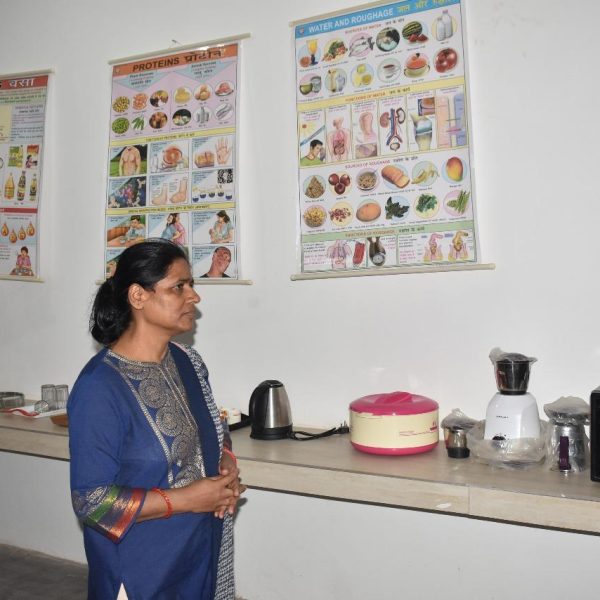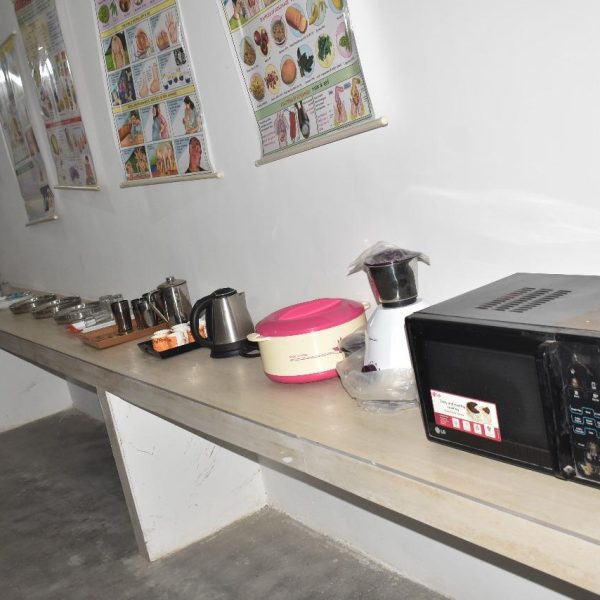


The purpose of a nutrition lab in a nursing college is to provide nursing students with practical training and knowledge related to nutrition and its critical role in healthcare. Nutrition is a fundamental aspect of patient care, and nurses play an essential role in promoting and supporting healthy eating habits for their patients. The nutrition lab serves several important purposes:
Clinical Skills Development: The nutrition lab allows nursing students to develop clinical skills related to assessing patients’ nutritional needs, planning appropriate diets, and monitoring nutritional status. Students can practice calculating calorie requirements, identifying nutrient deficiencies, and creating personalized dietary plans.
Health Promotion and Disease Prevention: Nutrition plays a vital role in preventing and managing various health conditions. In the lab, nursing students learn about the relationship between nutrition and diseases like diabetes, heart disease, and obesity. They can also understand how proper nutrition can support overall health and well-being.
Specialized Training for Patient Populations: Different patient populations, such as infants, children, pregnant women, and older adults, have unique nutritional requirements. The nutrition lab enables students to learn about the specific nutritional needs of these diverse patient groups and how to provide appropriate care.
Nutritional Support in Clinical Settings: In healthcare settings, some patients may require specialized nutritional support, such as enteral or parenteral nutrition. The lab offers hands-on training in administering and monitoring these forms of nutrition.
Dietary Counseling and Education: Effective communication and education are essential for promoting healthy eating habits. Nursing students can practice providing dietary counseling to patients and their families to help them make informed decisions about their nutrition.
Food Safety and Hygiene: Nutrition labs often cover topics related to food safety, sanitation, and proper food handling. This knowledge is crucial for preventing foodborne illnesses and maintaining patient safety.
Interdisciplinary Collaboration: Nutrition is a multidisciplinary field, and nurses often work alongside dietitians and other healthcare professionals to ensure comprehensive patient care. The nutrition lab may facilitate collaborative learning experiences with students from other healthcare disciplines.
Community Nutrition Initiatives: Some nutrition labs may involve community outreach programs that focus on promoting healthy eating habits and nutrition within the local community.
By incorporating a nutrition lab into the nursing curriculum, nursing colleges aim to equip their students with the necessary skills and knowledge to address the nutritional needs of patients effectively. Proper nutrition is integral to recovery, rehabilitation, and overall well-being, and nurses play a vital role in advocating for and supporting healthy nutrition practices among their patients.
